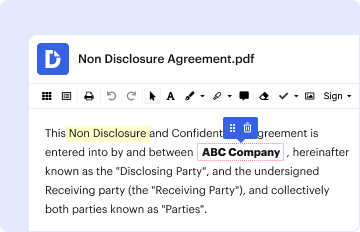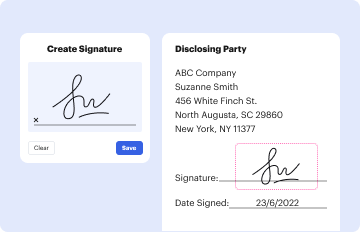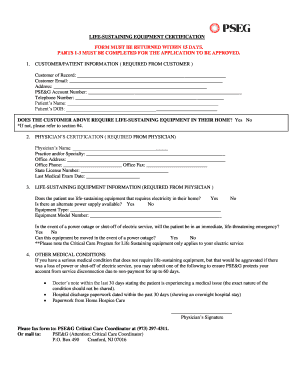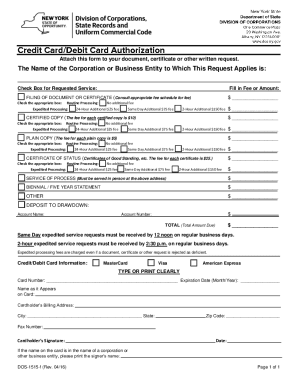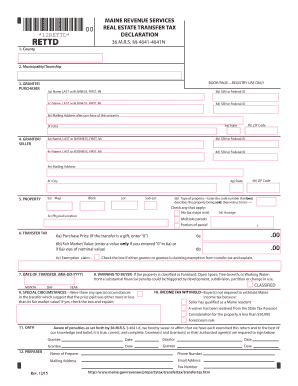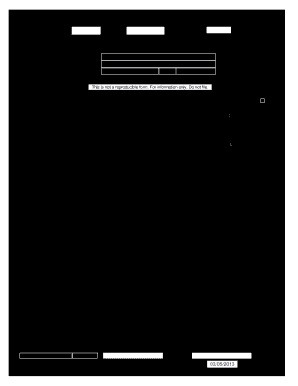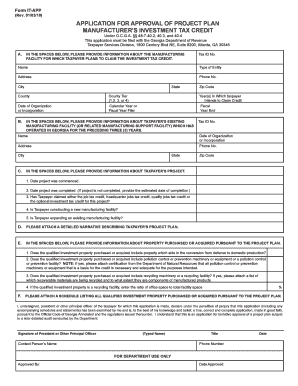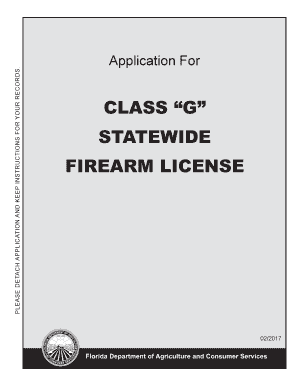Understanding the Rivermead Post-Concussion Symptoms Questionnaire
The Rivermead Post-Concussion Symptoms Questionnaire (RPQ) is a crucial assessment tool used to evaluate the symptoms experienced by individuals after a head injury. This structured form allows patients to report the severity of their symptoms by comparing them to their pre-accident conditions. Developed in 1995, it aims to assist healthcare providers in understanding the impact of these symptoms on a patient's daily life and overall well-being.
Components of the RPQ
The RPQ comprises a series of questions that cover various symptoms associated with concussion. Patients are prompted to rate each symptom based on its severity over a specified time frame, typically since their injury. The questionnaire includes:
- Physical symptoms: These may involve headaches, dizziness, and fatigue.
- Cognitive symptoms: This section addresses issues such as memory problems and trouble concentrating.
- Emotional symptoms: Patients may report feelings of irritability, anxiety, or sadness.
Each symptom is rated on a scale that typically ranges from zero (not experienced) to four (severe), facilitating comprehensive symptom assessment.
Scoring Interpretation
Scoring the RPQ involves summing the individual scores given to each symptom. The total score can provide insight into the severity and breadth of a patient's post-concussion symptoms. Interpretation of scores can help in:
- Determining the need for further medical evaluation
- Guiding treatment decisions
- Tracking symptom resolution over time
Scores can also serve as a benchmark for comparing the effectiveness of interventions or therapies instituted post-injury.
How to Administer the RPQ
Administering the Rivermead Post-Concussion Symptoms Questionnaire is typically straightforward and requires careful attention to detail. Key steps include:
- Preparation: Ensure the patient understands the purpose of the questionnaire and how to complete it.
- Completion: Allow the patient sufficient time to consider each symptom and provide thoughtful responses.
- Reviewing Responses: Discuss any unclear answers with the patient to ensure accurate scoring.
- Calculating the Total Score: Sum scores for an overall assessment of symptomatic severity.
It is advisable for trained healthcare professionals to interpret the results, considering the context of each patient's specific situation.
Use Cases for the RPQ
Healthcare professionals utilize the RPQ in varied contexts:
- Initial assessments: It provides a baseline for comparing symptoms post-injury.
- Follow-up evaluations: Tracking symptom changes over time informs treatment efficacy.
- Research purposes: Used in clinical studies to analyze the effects of concussive impacts.
The RPQ is relevant not only in clinical settings but also in sports medicine, where concussion management is critical.
Accessibility of the RPQ
The Rivermead Post-Concussion Symptoms Questionnaire is available in various formats, including PDF versions that can be downloaded and printed for easy use. This accessibility is particularly beneficial for healthcare providers and patients who might prefer a physical copy when discussing symptoms.
The questionnaire can also be integrated into electronic health records (EHR) systems, allowing competitive sports organizations and medical facilities to streamline patient assessments and improve the management of concussion symptoms efficiently.
Importance of Reporting Symptoms
Accurate reporting of post-concussion symptoms through the RPQ is vital in facilitating effective communication between patients and healthcare providers. It promotes a better understanding of the patient's condition, enabling tailored treatment plans that address specific needs.
- Patients are encouraged to report any changes in symptoms promptly, as this can significantly influence recovery pathways.
- Regular assessments with the RPQ can empower patients by involving them actively in their health care, fostering better engagement in rehabilitation efforts.
Limitations of the RPQ
While the RPQ is a valuable tool, it is essential to recognize its limitations:
- Subjectivity: Patient self-reporting may vary depending on their awareness and understanding of their symptoms.
- Comorbid conditions: Other medical issues may complicate symptom interpretation and management.
- Cultural factors: Perceptions and expressions of pain and discomfort can differ across cultures, potentially affecting symptom reporting.
These limitations highlight the need for a comprehensive evaluation that considers the RPQ findings alongside clinical assessments and patient history for the best outcomes.
Conclusion
The Rivermead Post-Concussion Symptoms Questionnaire serves as a cornerstone in the assessment of post-concussion symptoms. It provides crucial insights that help healthcare providers deliver better care and tailor interventions to support recovery effectively. By facilitating clear communication about symptoms, the RPQ plays a pivotal role in concussion management and patient-centered care.

